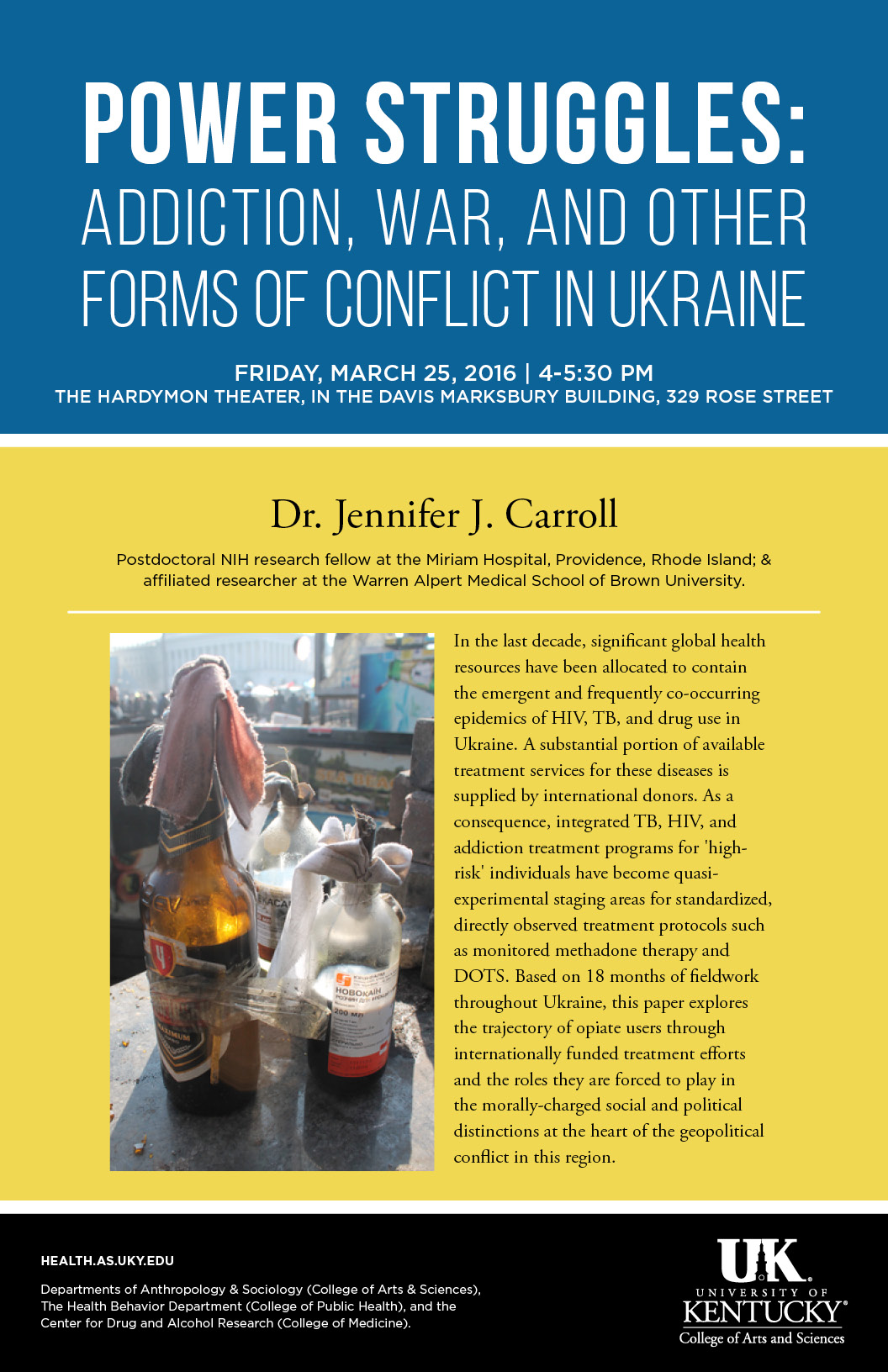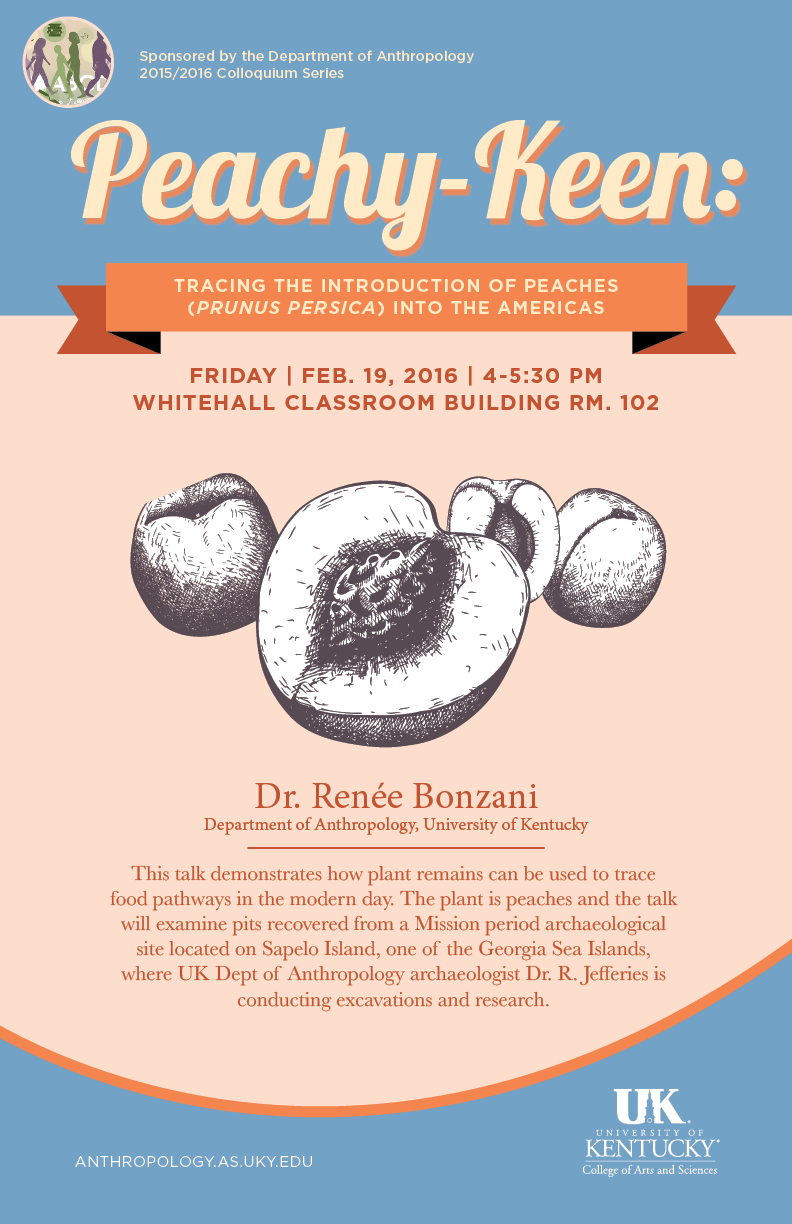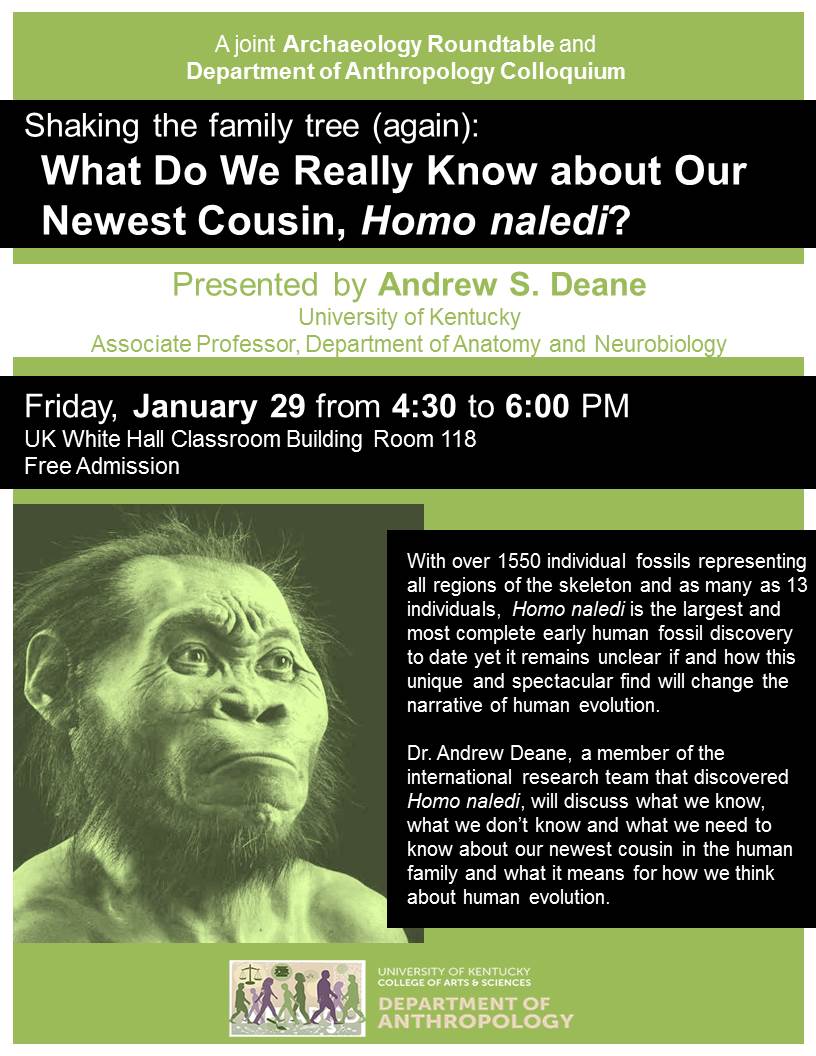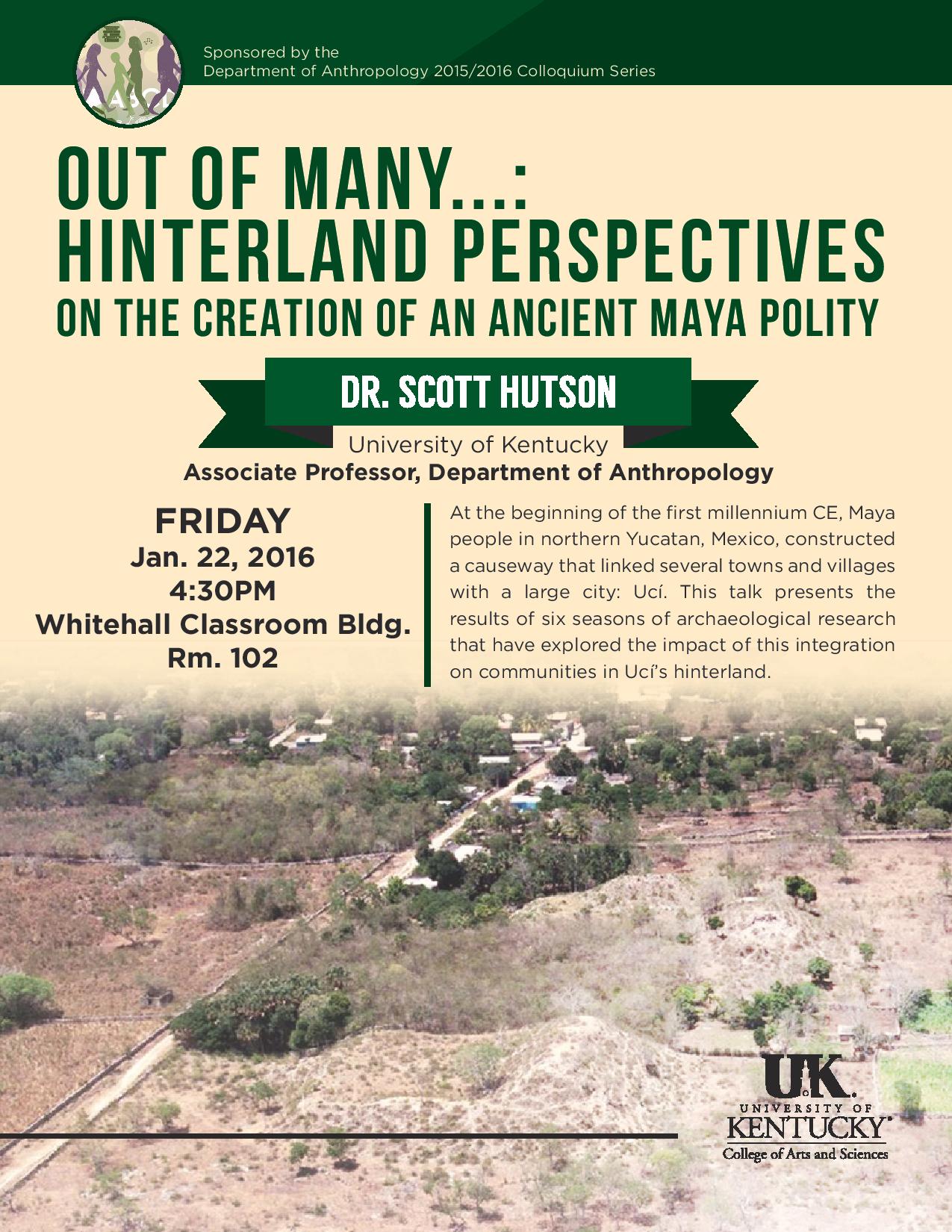Astro Seminar: Atomic Physics Challenge. Testing the Primordial He Abundance
Measurement of the primordial abundances of the lightest elements is one of the three decisive tests of Big Bang cosmology minutes after the Big Bang, and how their abundances vary with cosmological parameters. The predicted range in the He/H abundance ratio is not large, so it must be measured with a precision approaching 1% if a definitive cosmological test is to be made. The abundance ratio is measured in low-metallicity H II regions by using H I and He I recombination lines. Both H I and He I radiative recombination effective rate coefficients must be known to at least this 1% precision. Between the various uncertainties of the theoretical data, rate coefficients for collisions are the most uncertain. One of the most prominent uncertainties is on l-changing slow heavy impact collisions. Different l-changing data differ about a dex. We have use Cloudy to simulate He I and H I emissivities using the different data and found differences up to 10% in emission line intensities. Solid arguments take us to recommend one set of data over the others.

 The Health, Society, and Populations Program is thrilled to be the primary sponsor for Dr. Carroll's visit. In the last decade, significant global health resources have been allocated to contain the emergent and frequently co-occurring epidemics of HIV, TB, and drug use in Ukraine. A substantial portion of available treatment services for these diseases is supplied by international donors. As a consequence, integrated TB, HIV, and addiction treatment programs for 'high-risk' individuals have become quasi-experimental staging areas for standardized, directly observed treatment protocols such as monitored methadone therapy and DOTS. Based on 18 months of fieldwork throughout Ukraine, this paper explores the trajectory of opiate users through internationally funded treatment efforts and the roles they are forced to play in the morally-charged social and political distinctions at the heart of the geopolitical conflict in this region.
The Health, Society, and Populations Program is thrilled to be the primary sponsor for Dr. Carroll's visit. In the last decade, significant global health resources have been allocated to contain the emergent and frequently co-occurring epidemics of HIV, TB, and drug use in Ukraine. A substantial portion of available treatment services for these diseases is supplied by international donors. As a consequence, integrated TB, HIV, and addiction treatment programs for 'high-risk' individuals have become quasi-experimental staging areas for standardized, directly observed treatment protocols such as monitored methadone therapy and DOTS. Based on 18 months of fieldwork throughout Ukraine, this paper explores the trajectory of opiate users through internationally funded treatment efforts and the roles they are forced to play in the morally-charged social and political distinctions at the heart of the geopolitical conflict in this region. 


